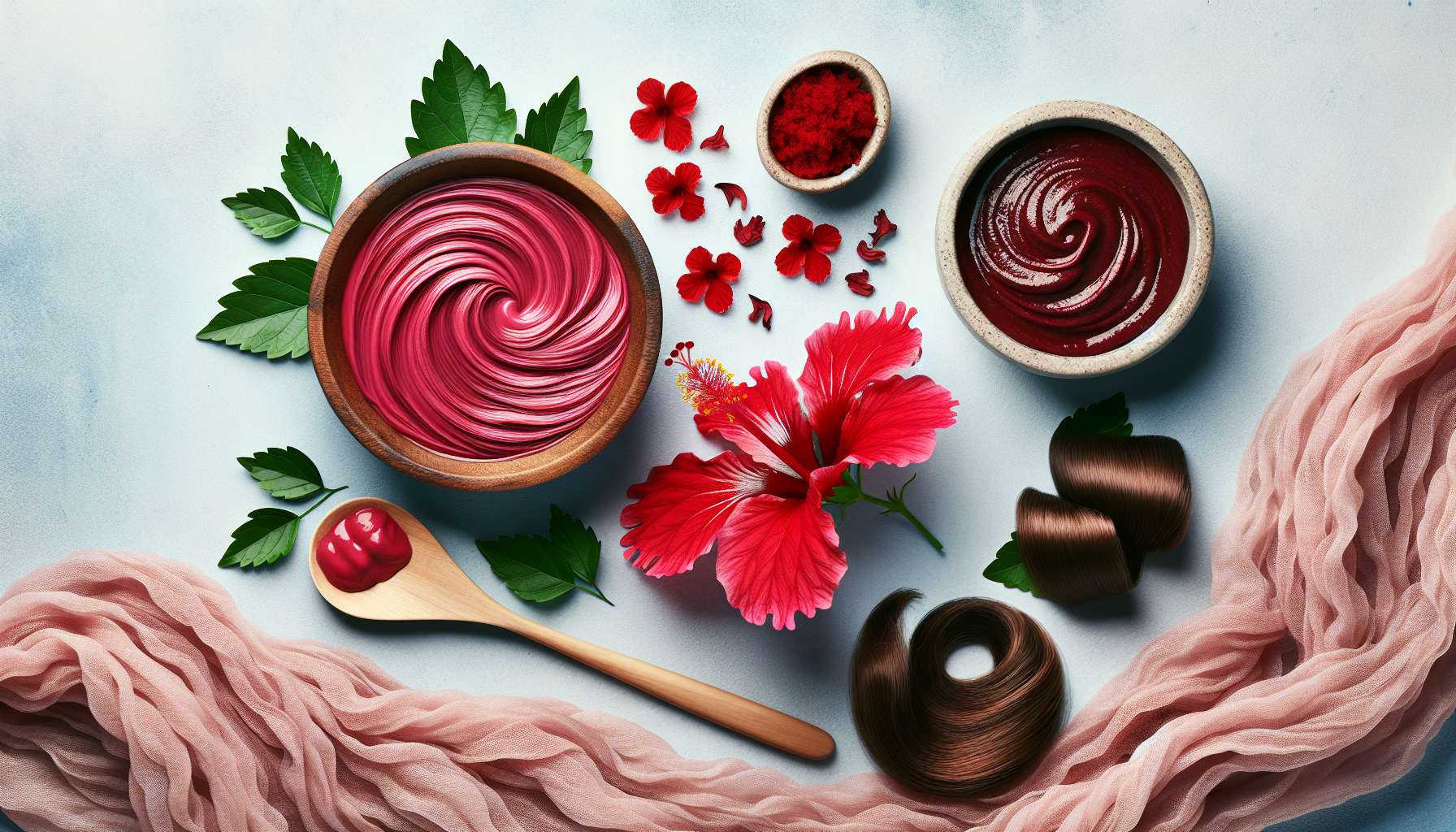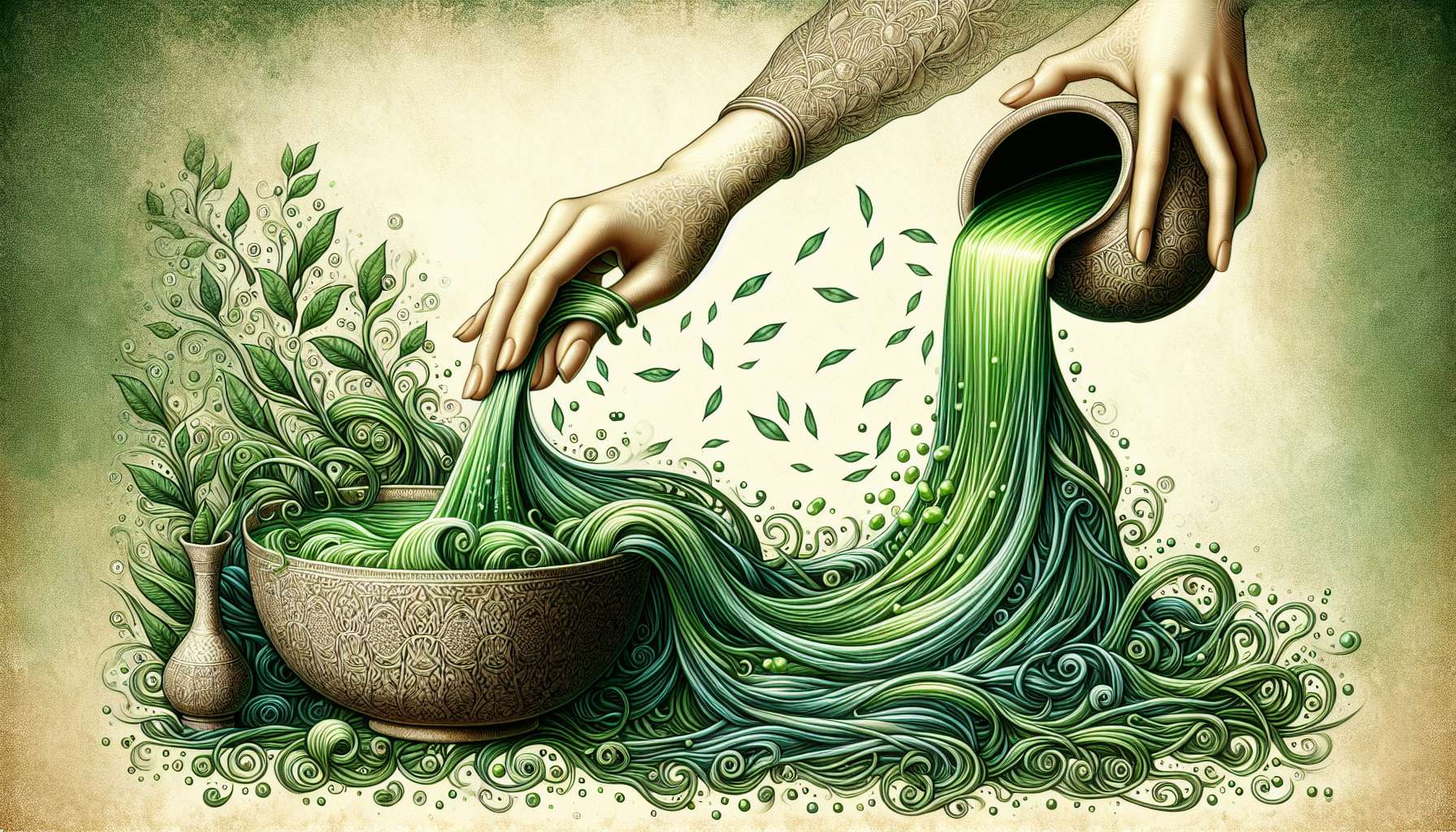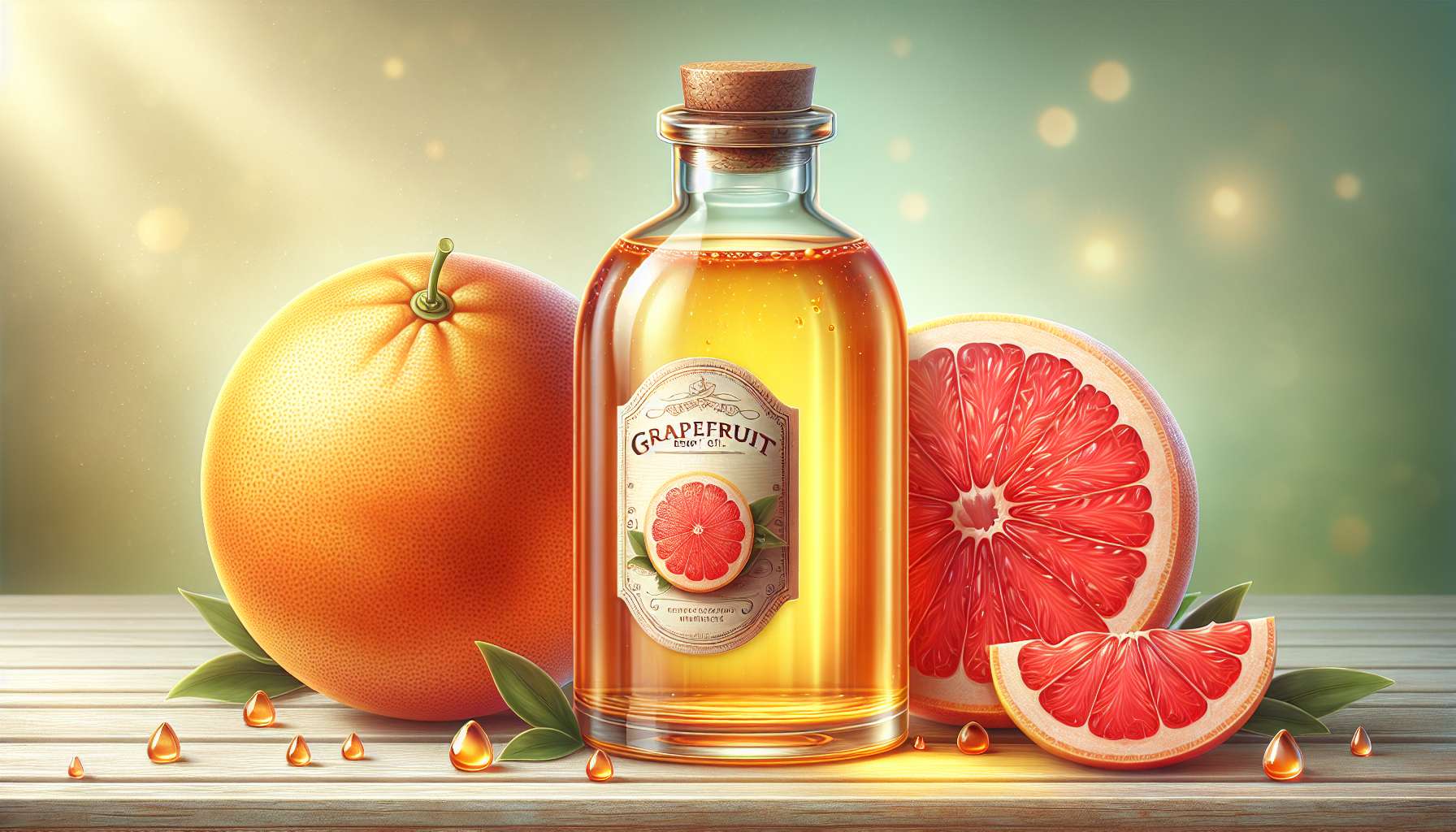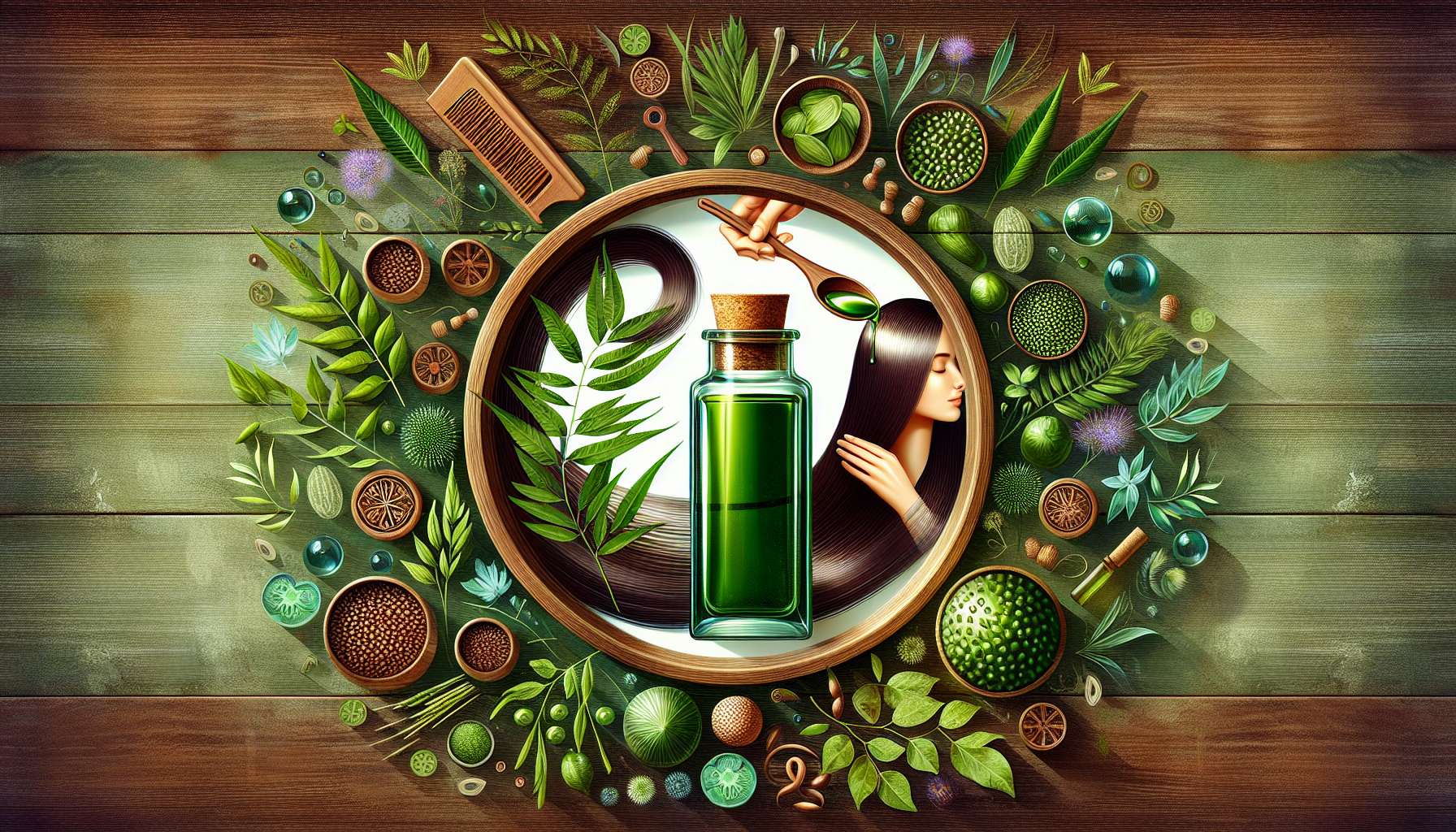The Ultimate Guide to Hibiscus Hair Mask
Are you looking for a natural and effective way to nourish your hair and promote growth? Look no further than the hibiscus hair mask! This powerful hair treatment has been used for centuries in various cultures for its numerous benefits. In this comprehensive guide, we will delve into the world of hibiscus hair masks, exploring their origins, benefits, application, and everything in between. Lets unlock the secrets of this floral wonder for your hair!
Origins of Hibiscus Hair Mask
Hibiscus, also known as rose mallow or jamaica flower, is a flowering plant that is native to warm temperate, subtropical, and tropical regions throughout the world. The hibiscus plant is not only prized for its beautiful flowers but also for its medicinal properties. In ancient Ayurvedic and Chinese medicine, hibiscus was used to promote hair growth, prevent premature graying, and treat scalp issues.
The use of hibiscus in hair care can be traced back to traditional Indian practices, where women would grind hibiscus flowers and leaves into a paste to apply to their hair and scalp. Over time, the benefits of hibiscus for hair health have been recognized globally, leading to the popularization of hibiscus hair masks in modern hair care routines.
The Benefits of Hibiscus Hair Mask
1. **Promotes Hair Growth:** Hibiscus is rich in vitamin C, amino acids, and antioxidants that nourish the hair follicles, stimulate blood circulation, and promote hair growth. Regular use of hibiscus hair mask can help strengthen the roots and prevent hair fall.
2. **Prevents Premature Graying:** The natural anthocyanins present in hibiscus flowers help delay premature graying of hair by maintaining the pigmentation of the hair strands.
3. **Conditions and Softens Hair:** Hibiscus is known for its conditioning properties that help soften and smoothen rough, dry hair. It also adds shine and luster to the hair, making it look healthy and vibrant.
4. **Treats Scalp Issues:** Hibiscus has anti-inflammatory and antimicrobial properties that can help soothe the scalp, reduce dandruff, and prevent scalp infections. It also balances the pH level of the scalp, promoting overall scalp health.
How to Make and Apply a Hibiscus Hair Mask
Creating your own hibiscus hair mask at home is simple and cost-effective. Here is a basic recipe to get you started:
Ingredients:
– 1 cup fresh hibiscus petals- 2 tablespoons coconut oil- 1 tablespoon yogurt
Instructions:
1. **Grind the hibiscus petals into a fine paste using a blender or mortar and pestle.2. Mix the hibiscus paste with coconut oil and yogurt to form a smooth, consistent mixture.3. Apply the mask to damp hair, starting from the roots to the tips.4. Massage the mask into your scalp for a few minutes to stimulate blood circulation.5. Leave the mask on for 30-45 minutes before rinsing it off with lukewarm water.6. Shampoo and condition your hair as usual to remove any residue.
Repeat this treatment once a week for best results. You can also customize your hibiscus hair mask by adding other ingredients like aloe vera, honey, or essential oils based on your hair type and specific concerns.
Expert Opinions on Hibiscus Hair Mask
Many hair care experts and stylists recommend the use of hibiscus hair mask as a natural alternative to commercial hair treatments. According to celebrity hairstylist, Jane Smith, “Hibiscus is a powerhouse of nutrients that can benefit all hair types. It provides deep conditioning, promotes hair growth, and improves overall hair health without any harsh chemicals.”
Dr. John Doe, a dermatologist specializing in hair disorders, adds, “I often recommend hibiscus hair mask to my patients with scalp issues like dandruff and itchiness. The anti-inflammatory properties of hibiscus help soothe the scalp and reduce irritation.”
Common Misconceptions about Hibiscus Hair Mask
While hibiscus hair mask has numerous benefits for hair health, there are some common misconceptions that need to be addressed:
1. **Hibiscus hair mask can dye your hair:** Contrary to popular belief, hibiscus does not have dyeing properties strong enough to change the color of your hair significantly. It may enhance the natural color slightly, but it will not provide drastic results like chemical hair dyes.
2. **Hibiscus hair mask is only suitable for certain hair types:** Hibiscus hair mask is versatile and suitable for all hair types, including dry, oily, curly, straight, and color-treated hair. However, it is essential to customize the ingredients based on your hair type to achieve the desired results.
FAQs about Hibiscus Hair Mask
1. **Can hibiscus hair mask cause allergies?** While hibiscus is generally safe for topical use, some individuals may be allergic to the plant. It is recommended to perform a patch test before applying the mask to your scalp to rule out any allergic reactions.
2. **How long does it take to see results with hibiscus hair mask?** The results of hibiscus hair mask may vary depending on individual hair type and concerns. However, most people notice significant improvements in hair texture, shine, and strength after a few weeks of regular use.
To Wrap Things Up
Hibiscus hair mask is a natural and potent treatment that offers a myriad of benefits for hair health. From promoting hair growth to preventing premature graying, hibiscus is a versatile ingredient that can transform your hair care routine. By incorporating hibiscus hair mask into your regular hair care regimen, you can achieve stronger, healthier, and more beautiful hair naturally. So, why not give this floral wonder a try and experience the magic of hibiscus for yourself!
Remember, consistency is key when it comes to seeing results with any hair care treatment. So, be patient and give your hair the love and nourishment it deserves with hibiscus hair mask. Your locks will thank you for it!
Are you ready to embrace the power of hibiscus for your hair? Try out a hibiscus hair mask today and let nature work its wonders on your tresses!




